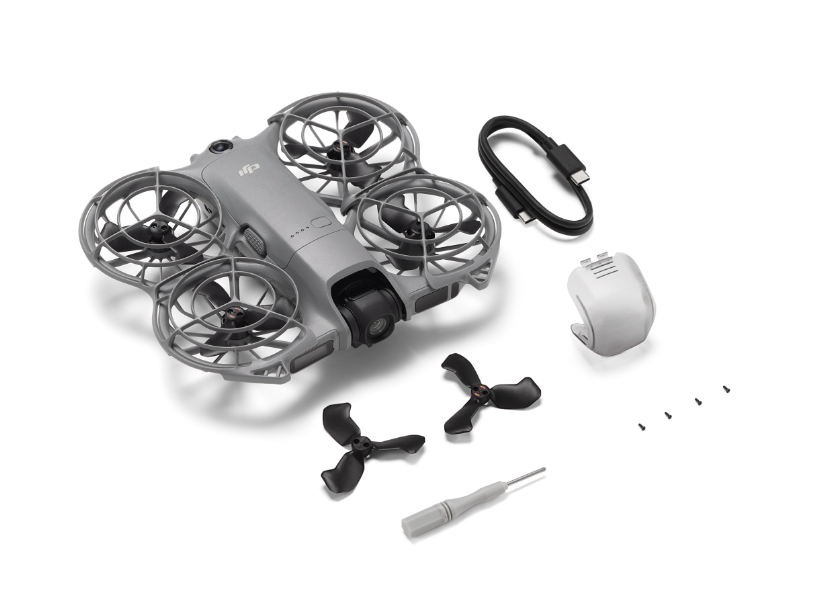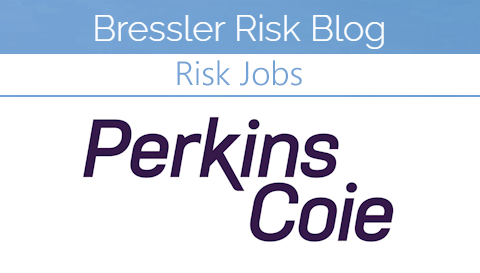DJI just announced the , a follow-up to last year’s original. This upgraded model includes a whole lot of new features. Just make sure to set DJI’s website to Hong Kong/China to see images and specs.
Perhaps the biggest upgrade here is the inclusion of LiDAR sensors for obstacle avoidance. The LiDAR is paired with downward-looking infrared sensors so it should be much safer as the drone follows you during flight. It still has integrated guards to protect the propellers, but the new obstacle avoidance system adds some more peace of mind.
The drone also now allows for gesture controls, which is handy when filming quickly-moving selfie videos. Users can adjust position and distance by moving their hands around. It still supports motion controllers and DJI’s RC-N3 remote controller.
DJI
The max speed has been increased to nearly 27MPH, which is much faster than the original’s follow speed. DJI that the drone is better at handling difficult weather conditions, as it can maintain a stable hover in winds up to around 24MPH.
The battery life is better, with a larger 1606mAh rechargeable battery that gets up to 19 minutes of use per charge. The original . The camera now uses a dual-axis gimbal for improved stability, though has the same half-inch sensor of the original. However, the field of view has been widened and it can capture 4K footage at up to 60FPS. This goes up to 100FPS when the drone is being piloted manually.
The internal storage has been boosted all the way up to 49GB, from 22GB. All of these upgrades have made the drone slightly heavier than the original, at 151 grams compared to 135 grams. If the battery life and speed are better, then the added weight doesn’t really matter in my eyes.
The bad news? The Neo 2 is currently only available in China. We called the original “the best $200 drone ever made” so we hope DJI goes for a wider release as soon as possible. The good news? The price should remain relatively similar, as it costs 1,499 Chinese Yuan. This translates to $211 in US dollars. However, we have no idea how or if tariffs will impact this pricing.







